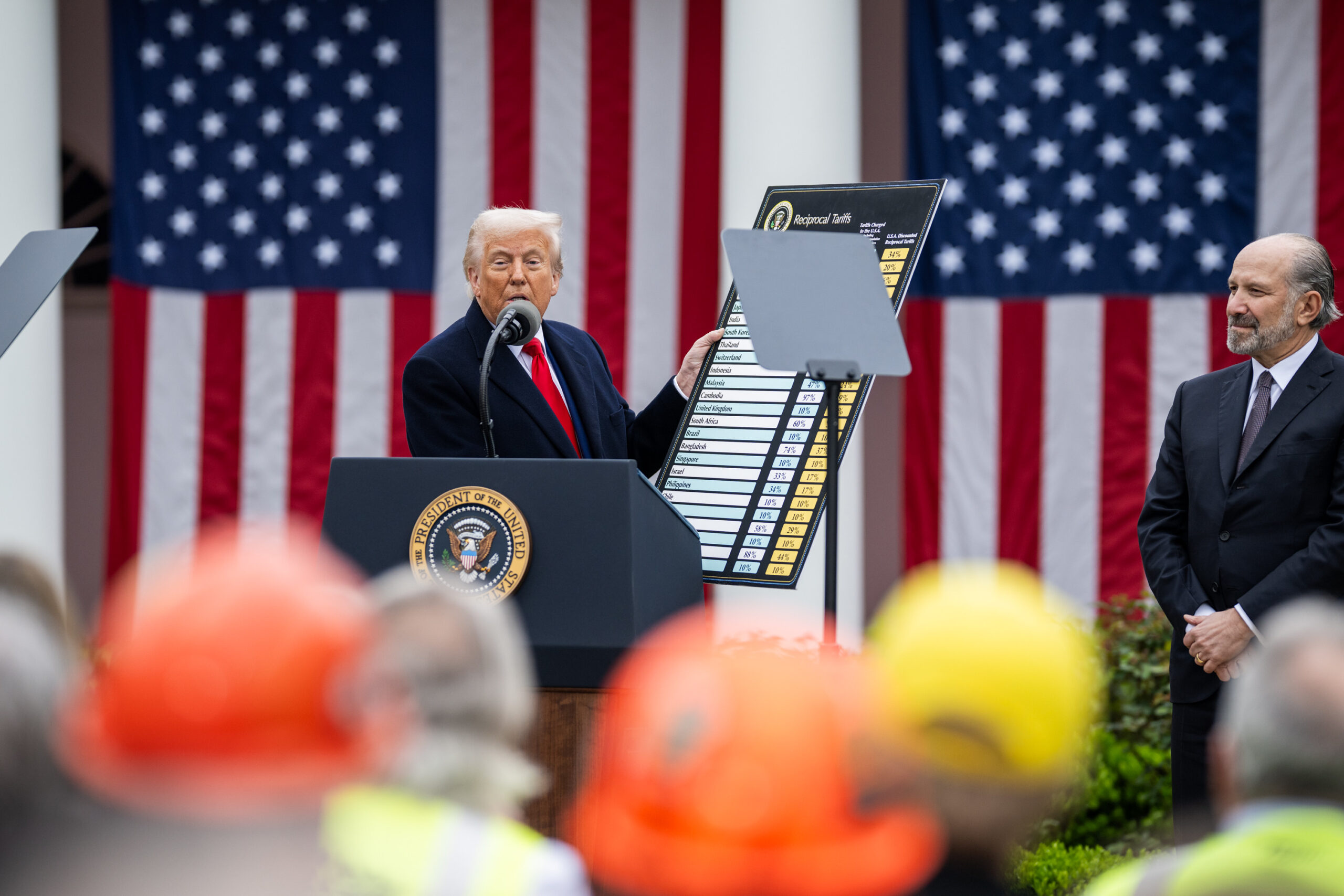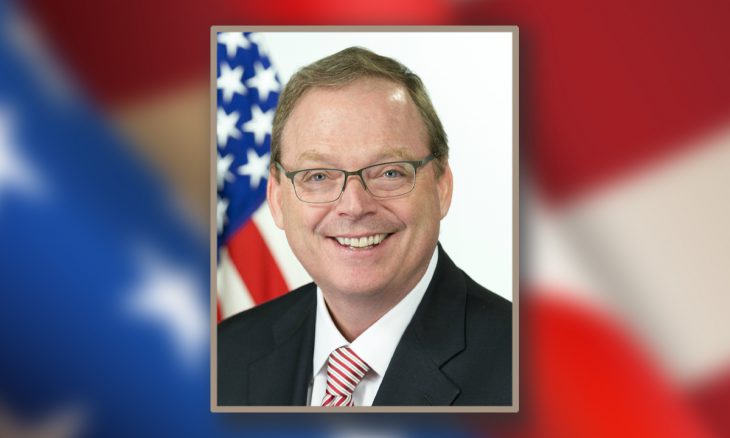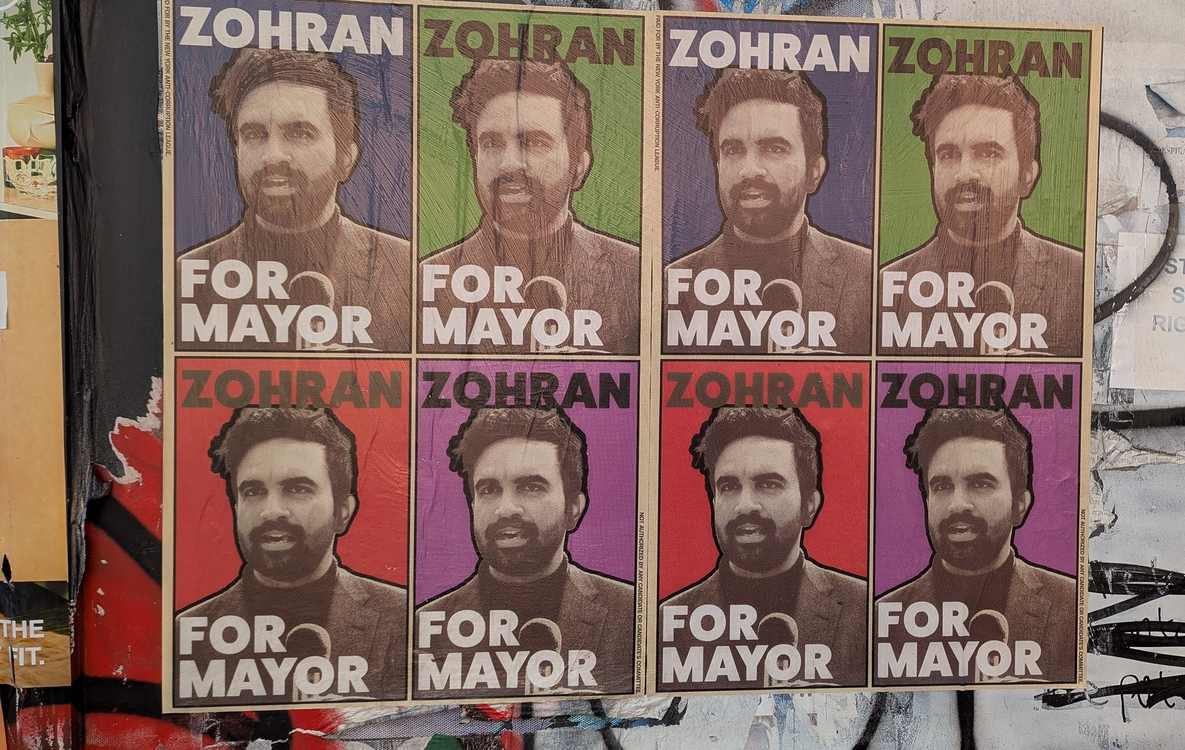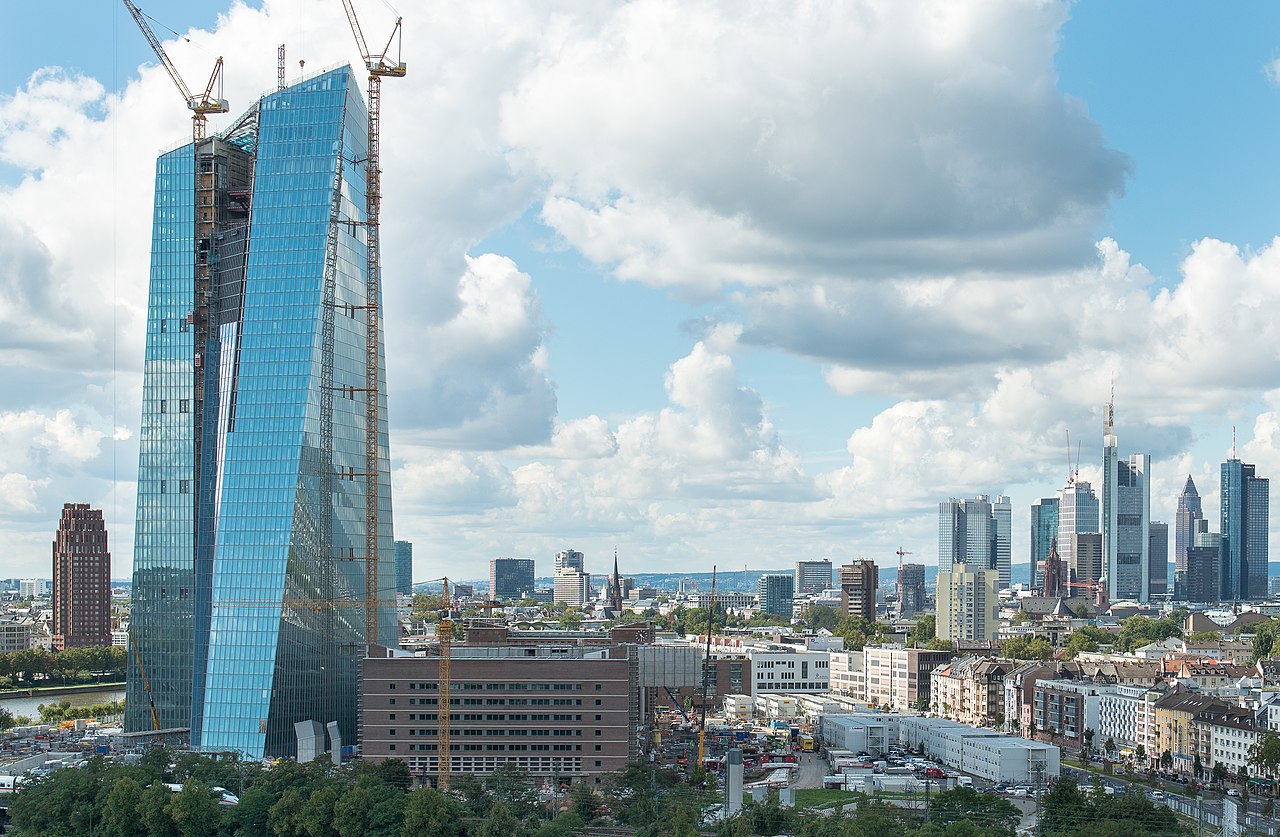Mass uncertainty surrounds the near term future of US-Asian trade, so much so that businesses in some economies including Vietnam are ready to say goodbye to the US market permanently.
Then, a US Federal trade court ruled that President Trump’s “Liberation Day” tariff regime was unconstitutional, and that the president overstepped his authority in applying them.
Then, in response to the decision, a Federal appellate court ruled against the trade court for the time being, allowing the tariffs to proceed until further consideration.
The turn of events has added dry leaves to a raging fire of uncertainty throughout the US’ major trade partners in Asia, many of whom were set to see the highest new tariff rates.
The Liberty Justice Center, Libertarian-leaning advocacy organization which represented four clients suing the White House for usurping the power of the Congress to impose tariffs, had previously celebrated the victory, and remain confidant that the appellate court’s decision was just procedural.
“We are confident the Federal Circuit will ultimately deny the government’s motion shortly thereafter, recognizing the irreparable harm these tariffs inflict on our clients,” Jeffrey Schwab, senior counsel at Liberty Justice Center said in the statement.
Currently more than 70 days past a 90-day pause on the tariffs, which Trump had applied to allow countries to negotiate individual deals with Washington, nations like Vietnam, Malaysia, and China, are no closer to understanding their future relations with the US than 60 days ago.
The focus on Asian economies, especially those ensconced within the ASEAN country trade bloc, comes from their individual tariff rates being among the highest announced by Trump. Vietnam, one of America’s largest trading partners, would be slapped with a 46% “reciprocal” tariff, while Thailand would have to suffer 36%, and Indonesia 32%.
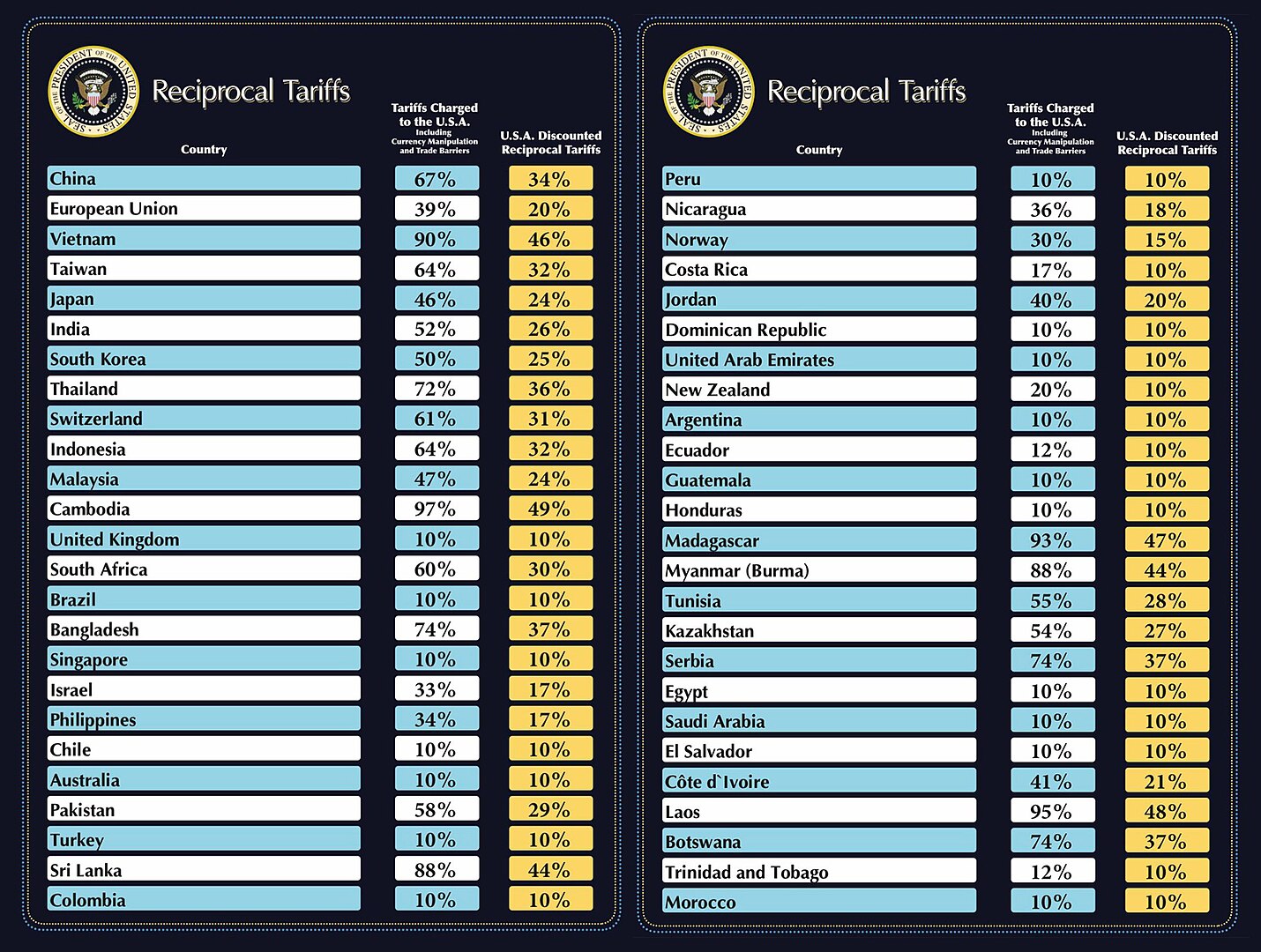
Do the Hokey Pokey
On Wednesday, the United States Court of International Trade, a federal court in Manhattan made up of three judges that handles disputes over customs and international trade laws, ruled in favor of Schwab’s clients: that the tariffs caused them significant financial harm, and that the law which Trump used to authorize the tariffs under was done so improperly.
Called the International Emergency Economic Powers Act (IEEPA) it allows the president to take economic actions normally reserved for Congress in the case of extraordinary economic emergencies. However the text of the law does not mention the word tariff, a measure delegated in the Constitution to Congress.
“IEEPA does not authorize any of the worldwide, retaliatory, or trafficking tariff orders,” the panel of judges, appointed by three different past presidents, said in its order Wednesday. “The worldwide and retaliatory tariff orders exceed any authority granted to the President by IEEPA to regulate importation by means of tariffs. The trafficking tariffs fail because they do not deal with the threats set forth in those orders”.
Speaking with CNN Schwab said his clients hoped to gain a measure of certainty of their future business environment.
“They’re hopeful that these will be upheld by the appellate court so that they can continue their businesses with the certainty of what’s going to happen rather than the uncertainty of not knowing what the tariff rate is at any given time and whether it will change,” Schwab said.
Trump and his team raged against the decision, with one member calling it part of a “judicial coup” to restrain his administration. After the appeal was granted by the Circuit Court of Appeals, the president’s top trade advisor Peter Navarro said the administration was considering “all strategic options”.
“We will hear, within the next day or two, at a minimum, from the United States Trade Representative on how we will respond to all of this. We will respond forcefully, and we think we have a very good case with respect to this,” said Navarro.
“It feels like many Asian countries have already been on course to seek an extension on the negotiation periods,” Lynn Song, chief Greater China economist at Dutch financial services firm ING, told South China Morning Post. “It’s possible the block could help buy more time…”

Wouldn’t bet on it
Just as Schwab’s clients hoped to have some sort of certainty over future business conditions, the same might also have been said for garment manufacturers in Vietnam and China, who according to SCMP have at this point seen and heard enough—and are bidding adieu to their once plentiful US clients in many cases for good.
Even before the Court of International Trade ruled against Trump’s tariffs, other signs of relief were emerging for the textile and fashion industries in Vietnam, such as quotes from Trump’s Commerce Sect. Scott Bessent that the administration shouldn’t be looking to reshore textile manufacturing but precision manufacturing, or quotes from Trump himself saying “we’re not looking to make sneakers and T-shirts”.
“US policy changes by the day, and that’s the worst kind of uncertainty for doing business,” said Zhou, a garment industry business owner who gave only her surname for privacy reasons. “Today, they might say there’s no need to reshore textile manufacturing, but what if they change their minds tomorrow? At this point, none of us in this industry dare to bet on the US market again”.
Where Zhou used to sell the majority of her goods to the US, it now accounts for less than a quarter. Continuing its analysis, SCMP spoke with Winnie Lam, general secretary to the board of the Hong Kong Business Association Vietnam, who told the English/Cantonese daily that many companies were “taking definitive action about diversification and putting less and less weight on the US market”.
This loss of faith isn’t to say exactly that business conditions are bad: foreign direct investment in Vietnam is up 40% year over year, driven by Singapore and China—a sign of the growing belief many in Asia have that prosperity can come from their home region even more so than from the West.
ASEAN, or the Association of Southeast Asian Nations, recently laid out an ambitious plan to become the world’s fourth-largest economy by 2045 mainly through internal trade. The bloc’s annual summit in Kuala Lumpur say the release of a five-year strategy called on members to increase “economic integration”.
Last Monday, the bloc, comprising Thailand, Malaysia, the Philippines, Singapore, Vietnam, Indonesia, Cambodia, Laos DPR, Myanmar, and Brunei, finalized an upgraded version of the ASEAN Trade in Goods Agreement (ATIGA) which removed or severely reduced tariffs, while the new agreement seeks to tear down non-tariff trade barriers such as complex customs procedures, further strengthening Southeast Asian trade.
Some ASEAN members have sought to pander to Washington in order to have their reciprocal tariff rates reduced, with a notable standout being Indonesia. Jakarta announced recently it would stop importing fuel from Singapore and pivot to supplies from the US, part of a larger pledge to increase US imports—almost certainly aimed at courting favor from Washington. WaL
We Humbly Ask For Your Support—Follow the link here to see all the ways, monetary and non-monetary.
PICTURED ABOVE: Trump at the signing ceremony in the Rose Garden next to a chart showing each country’s tariff rates. PC: The White House via Flickr
